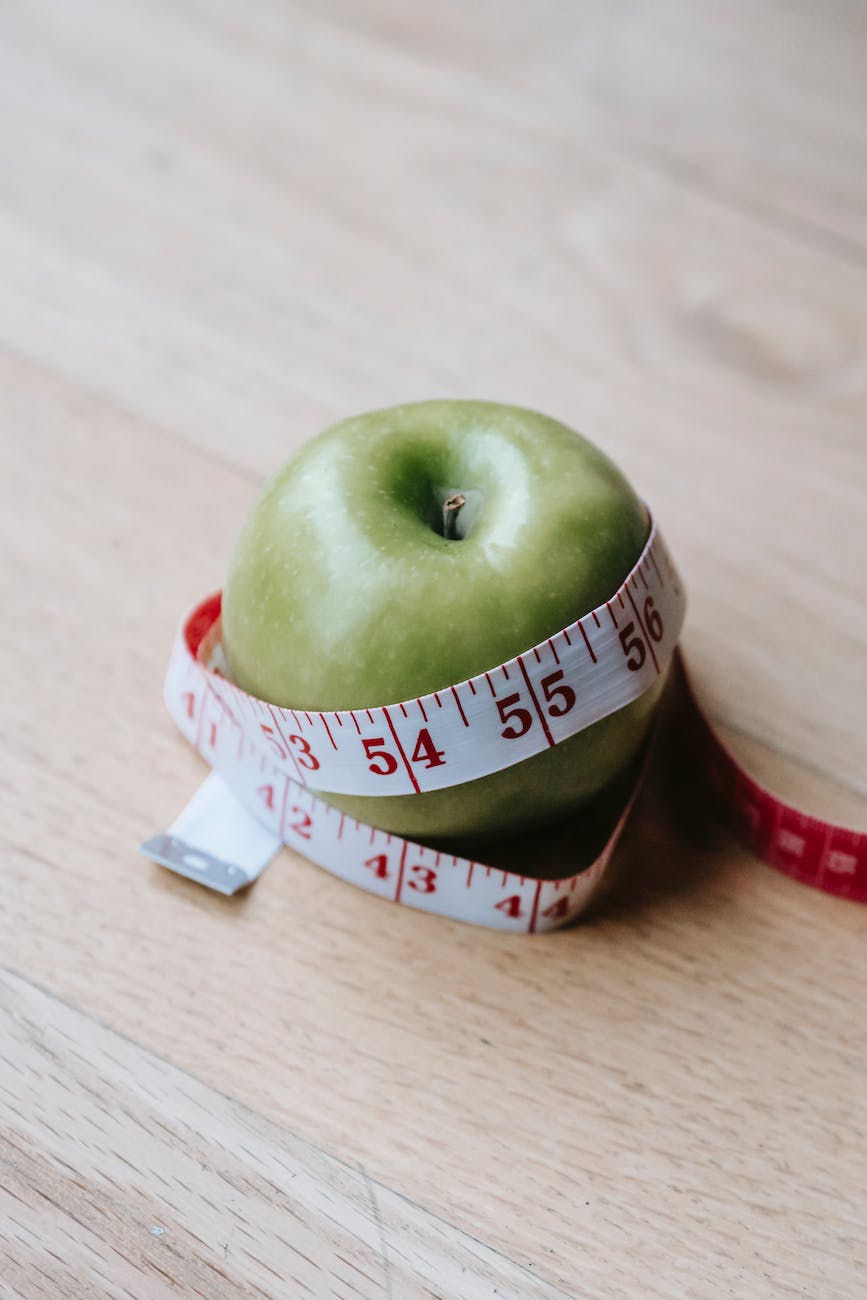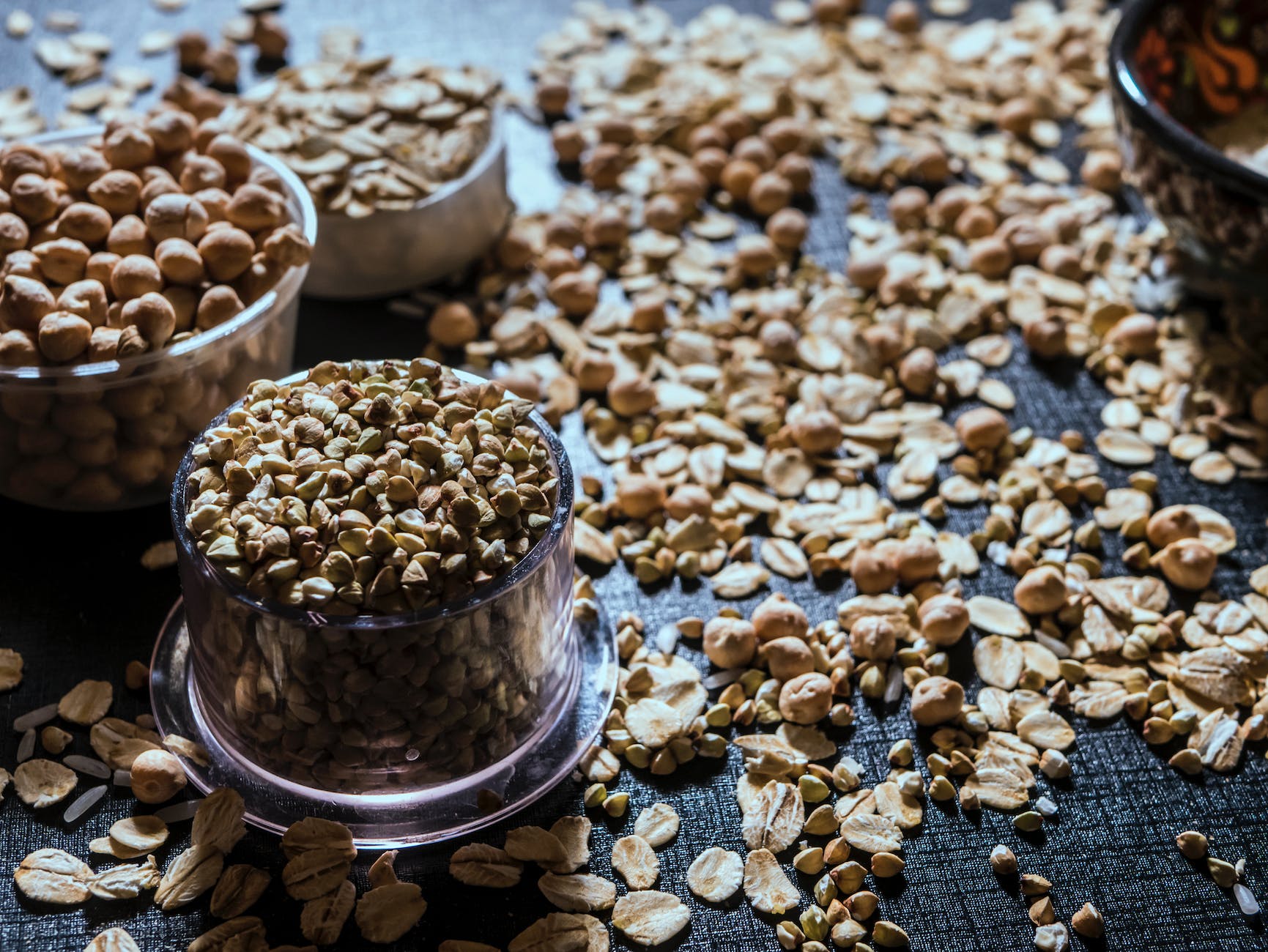
In the realm of nutrition, fats often get a bad rap. However, not all fats are created equal. While some fats can negatively impact your health, others play crucial roles in bodily functions and overall well-being. One type of fat that often sparks debate is saturated fat. This comprehensive guide aims to demystify saturated fats, helping you understand their role in your diet and their impact on your health.
Understanding Saturated Fat
Saturated fats are a type of dietary fat. They are called “saturated” because they have all their hydrogen slots filled, meaning they contain only single bonds between carbon molecules. This structure makes them solid at room temperature. Saturated fats are found in a variety of foods, both animal-based and plant-based.
Foods High in Saturated Fat
Saturated fats are prevalent in many foods. Here’s a list of some of the most common sources:
- Animal-based foods: This category includes beef, pork, poultry, and eggs. Even lean cuts of beef contain 4.5 grams of saturated fat per 100-gram serving. Certain cuts of beef, such as short ribs, T-bone steaks, and rib-eye steaks, are typically higher in saturated fat than other cuts. Pork, especially certain cuts, is also high in saturated fat.
- Full-fat dairy products: These include whole milk, cheese, and butter. Full-fat dairy products are a significant source of saturated fat in many diets.
- Processed foods: Foods like bacon, processed meats, mayonnaise, desserts, and processed snack foods often contain high levels of saturated fats.
- Tropical oils: Coconut and palm oil are high in saturated fats. These oils are often used in cooking and baking.
- Fried or baked foods: Foods that are fried or baked using saturated fats are high in saturated fats. This includes many fast food items and baked goods.
Specific Foods and Their Saturated Fat Content
- Coconut oil: Coconut oil is high in saturated fat. Despite its popularity in recent years, it’s important to use it sparingly due to its high saturated fat content.
- Peanut butter: While peanut butter does contain some saturated fat, it is also high in healthier unsaturated fats.
- Olive oil: Olive oil is high in unsaturated fats and is considered a healthy fat. It is not high in saturated fat.
- Coconut milk: Like coconut oil, coconut milk is also high in saturated fat.
- Nuts: Most nuts are high in unsaturated fats and are considered healthy. However, they do contain some saturated fat.
The Relationship Between Saturated Fat and Cholesterol
Saturated fats have a significant impact on cholesterol levels in the body. Here’s what the research says:
- Raising LDL Cholesterol: Consuming too much saturated fat can raise the level of LDL (low-density lipoprotein) cholesterol in your blood. LDL cholesterol is often referred to as “bad” cholesterol because high levels of LDL can lead to plaque buildup in your arteries and increase your risk of heart disease and stroke.
- Raising HDL Cholesterol: Some research suggests that certain types of saturated fats, such as medium-chain triglycerides found in coconut oil, may actually raise levels of beneficial HDL (high-density lipoprotein) cholesterol. HDL cholesterol is often referred to as “good” cholesterol because it helps remove other forms of cholesterol from your bloodstream.
- Overall Impact on Health: Despite the potential benefits of certain types of saturated fats, health experts generally agree that people should limit their intake of saturated fat and replace them with healthier fats when possible. This is because a high level of bad cholesterol in the bloodstream increases the risk of heart and blood vessel disease.
However, it’s important to note that there’s ongoing debate and research in the scientific community about the role of saturated fats in heart disease. Some studies have suggested that the link between saturated fat and heart disease is not as strong as previously thought. These studies argue that the type of saturated fat and the food source can make a difference. For example, dairy foods contain a type of saturated fat that may not harm heart health in the same way as the saturated fat in meat.
Dietary Recommendations
When it comes to saturated fat, moderation is key. Here are some guidelines:
- Limit Saturated Fat Intake: The American Heart Association recommends aiming for a dietary pattern that achieves 5% to 6% of calories from saturated fat. For example, if you need about 2,000 calories a day, no more than 120 of them should come from saturated fat. That’s about 13 grams of saturated fat per day.
- Reduce Saturated Fats: A few changes in your diet can reduce cholesterol and improve your heart health. Saturated fats, found primarily in red meat and full-fat dairy products, raise your total cholesterol. Decreasing your consumption of saturated fats can reduce your low-density lipoprotein (LDL) cholesterol.
- Eat Heart-Healthy Foods: A few simple tweaks to your diet, along with exercise and other heart-healthy habits, might help you lower your cholesterol. Foods like oatmeal, oat bran, and high-fiber foods are beneficial.
- Physical Activity: Regular physical activity can also help control weight, reduce LDL cholesterol and raise HDL cholesterol. For adults, the Surgeon General recommends 2 hours and 30 minutes of moderate-intensity exercise, such as brisk walking or bicycling, every week. Children and adolescents should get 1 hour of physical activity every day.
High Fiber, Low Saturated Fat Diet
A high fiber, low saturated fat diet can have several benefits:
- Fiber Intake: On a high-fiber diet, fiber consumption should meet or exceed the Recommended Dietary Allowance (RDA) for fiber—for adult women, 22 to 28 grams of fiber per day; for men, 28 to 34 grams per day. While fiber is a carbohydrate, it is not easily digestible. This means it can provide feelings of fullness after eating without spiking blood sugar or adding too many extra calories.
- Fiber-Rich Foods: Fiber-rich foods are naturally low in fat and contain cancer-fighting and heart-healthy properties. High-fiber foods help you feel full, which helps decrease caloric intake throughout the day.
- Low Saturated Fat: While a low-fat diet is beneficial, it is important that you do not dismiss all fats. Some fats, like unsaturated fats, are beneficial for health.
Frequently Asked Questions
- Is coconut oil high in saturated fat? Yes, coconut oil is indeed high in saturated fat. However, it’s worth noting that a significant portion of this is in the form of Medium-Chain Triglycerides (MCTs), which are metabolized differently by the body and can have various health benefits. Despite this, due to its overall high saturated fat content, coconut oil should still be used sparingly.
- Is peanut butter high in saturated fat? Peanut butter does contain some saturated fat, but it is also high in healthier unsaturated fats. However, the nutritional profile can vary depending on the brand and product. Some peanut butters, especially highly processed and cheap versions, may contain added sugars and unhealthy fats.
- Is olive oil high in saturated fat? No, olive oil is not high in saturated fat. It is high in unsaturated fats, particularly monounsaturated fats, which are considered healthy fats.
- How does saturated fat increase cholesterol? Saturated fats increase the level of LDL (low-density lipoprotein) cholesterol, often referred to as “bad” cholesterol, in your blood. High levels of LDL cholesterol can lead to plaque buildup in your arteries, which increases the risk of heart disease and stroke.
- What foods are high in both fat and cholesterol? Foods that are high in both fat and cholesterol are typically animal-based products like meat and dairy. This includes foods like beef, pork, poultry, eggs, and full-fat dairy products like cheese and butter.
- What is considered a high saturated fat diet? A high saturated fat diet is one where more than 10% of your total daily calories come from saturated fat. This is above the recommendation of the American Heart Association, which advises that only 5-6% of your total daily calories should come from saturated fat.
- What are some high fat, low saturated fat foods? Foods that are high in fat but low in saturated fat are typically plant-based. These include foods like avocados, nuts, seeds, and fatty fish like salmon. These foods are high in unsaturated fats, which are considered healthier fats.
- How much saturated fat per day should I consume to lower cholesterol? The American Heart Association recommends aiming for a dietary pattern that achieves 5% to 6% of calories from saturated fat. For someone eating 2,000 calories a day, that’s about 11 to 13 grams of saturated fat.
- Does saturated fat contribute to high cholesterol? Yes, consuming too much saturated fat can raise your blood cholesterol levels. It increases the level of LDL cholesterol, which can lead to plaque buildup in your arteries and increase your risk of heart disease and stroke.
- Are nuts high in saturated fat? While nuts do contain some saturated fat, they are primarily composed of healthier unsaturated fats. They also provide a good source of fiber and protein, making them a healthy snack choice in moderation.
- Is coconut milk high in saturated fat? Yes, like coconut oil, coconut milk is also high in saturated fat. It should be consumed in moderation as part of a balanced diet.
- What is the impact of a high saturated fat diet on heart health? A diet high in saturated fats can increase your level of LDL cholesterol, which can lead to plaque buildup in your arteries and increase your risk of heart disease and stroke. Therefore, it’s generally recommended to limit your intake of saturated fats for heart health.
- What are the benefits of a high fiber, low saturated fat diet? A high fiber, low saturated fat diet can help reduce the absorption of cholesterol into your bloodstream, help you feel full, which can help you eat less and avoid high-fat foods, and improve your overall heart health.
Conclusion
Understanding saturated fats and their impact on your health is crucial for making informed dietary choices. By limiting your intake of foods high in saturated fats and incorporating more fiber and unsaturated fats into your diet, you can improve your heart health and overall well-being. As always, it’s important to consult with a healthcare provider or a registered dietitian for personalized advice.
Remember, a healthy diet is just one part of a heart-healthy lifestyle. Regular physical activity, maintaining a healthy weight, and avoiding tobacco smoke also contribute significantly to your heart health.
While the general consensus is to limit saturated fat intake, it’s important to remember that not all saturated fats are the same. The source of saturated fat, the specific type of fat, and the overall quality of your diet play a role in its health effects. As research continues to evolve, it’s crucial to stay informed and consult with healthcare professionals for guidance.












